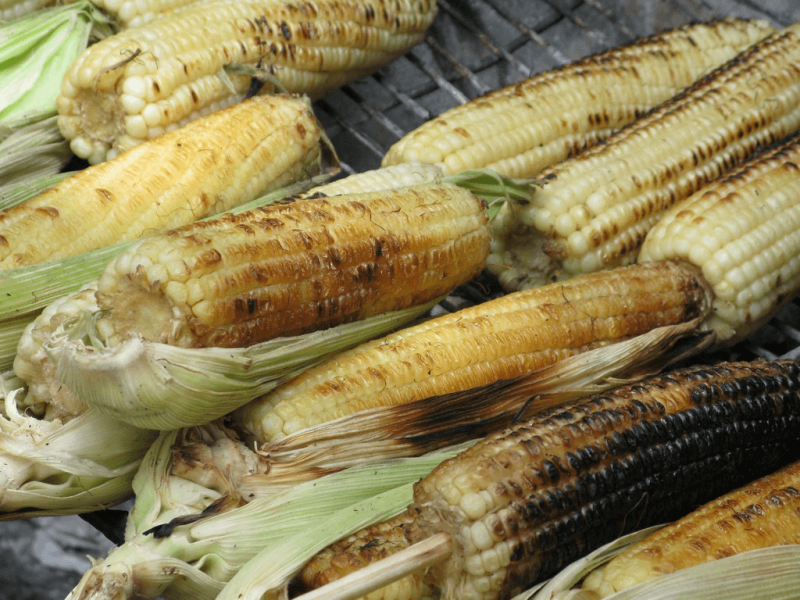Counseled by a cadre of discredited anti-biotechnology activists, Mexican President Andrés Manuel López Obrador now claims health and safety concerns about GE corn. In a move that mirrors the unfounded scare tactics of anti-biotechnology activists, Mexican politicians are also citing concern about glyphosate, a widely used and thoroughly vetted herbicide.
If implemented, the Mexican gambit – its February 2023 corn decree – will result in a ban of GE corn imports from the U.S.
The hard truth is that rich countries can afford to adopt organic methods – and the yield drags that come with it – while less affluent countries cannot. A 10-year study by a European think tank focused on sustainable development, found conversion to agroecology in Europe would result in 35% yield drops. Europe could afford to make up that gap with imports. For less wealthy developing nations, the consequences of that would be catastrophic.
…
The sudden shift caused the collapse of Sri Lankan agriculture. Civil unrest and protests followed. Politicians fled the country, but the damage was done. It was all too predictable.
In a similar manner, Mexican policy now dictates a countrywide shift to innovation-eschewing agroecology agriculture. The banning of “transgenics and dangerous pesticides” is the first step.
Last year Mexico imported 17 million tons of GE yellow corn from the U.S. It is unrealistic to believe that traditional varieties and agroecology-based agriculture can replace those imports.































